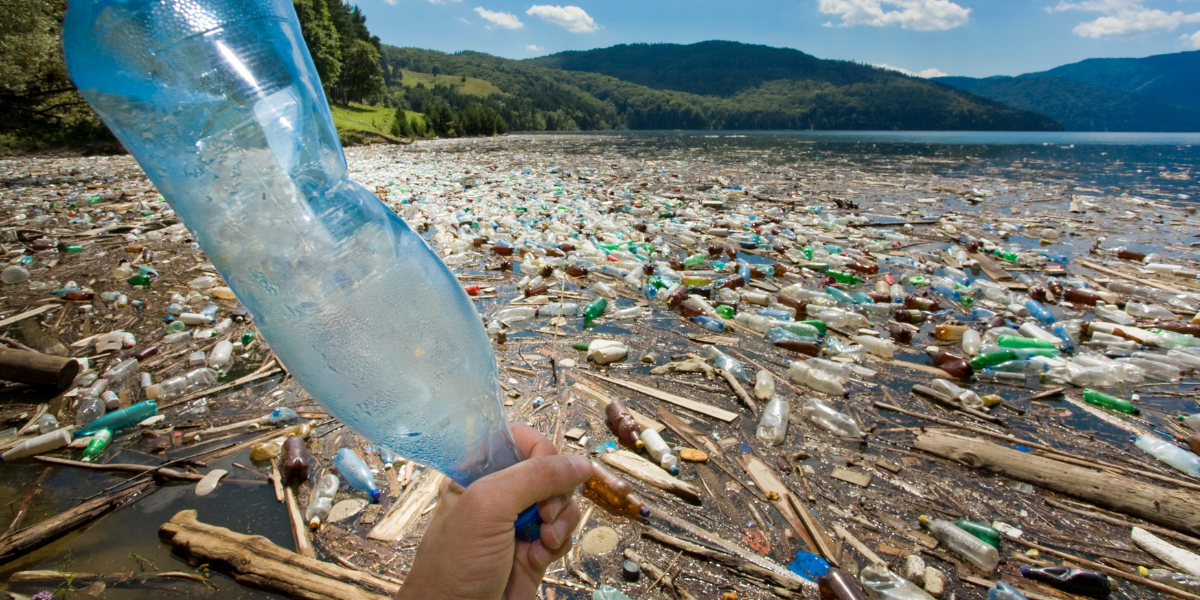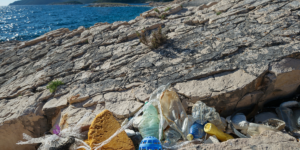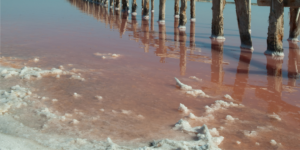Are you curious about the main threats to coral reefs and other marine habitats? As a conscious citizen of this planet, it is your responsibility to understand the adverse impacts that human activities have on these vital ecosystems.
Coral reefs are one of the most diverse and productive ecosystems globally, providing food and shelter for millions of species. However, they are under severe threat from various human-induced factors that put their survival at risk.
Pollution, overfishing, climate change, coastal development, and invasive species are among the primary threats to coral reefs and other marine habitats. These factors can cause significant damage to these fragile ecosystems by altering water quality, destroying habitat structures or blocking sunlight essential for photosynthesis.
In this article, we will delve into each of these significant threats in detail to provide a comprehensive understanding of how they impact our oceans’ health. By doing so, we hope to inspire positive actions towards mitigating these risks and preserving our precious marine habitats for future generations.
Key Takeaways
- Pollution, overfishing, climate change, coastal development, and invasive species are the main threats to marine habitats.
- These threats can cause a range of negative effects, including disrupting marine ecosystems, altering food webs, and destroying critical habitats.
- Sustainable management, fishery regulations, pollution mitigation measures, and alternative energy sources are some of the solutions to protect marine habitats.
- Protecting marine habitats is crucial because they provide habitat for a quarter of all marine species, and their loss could have far-reaching consequences for both wildlife and human communities.
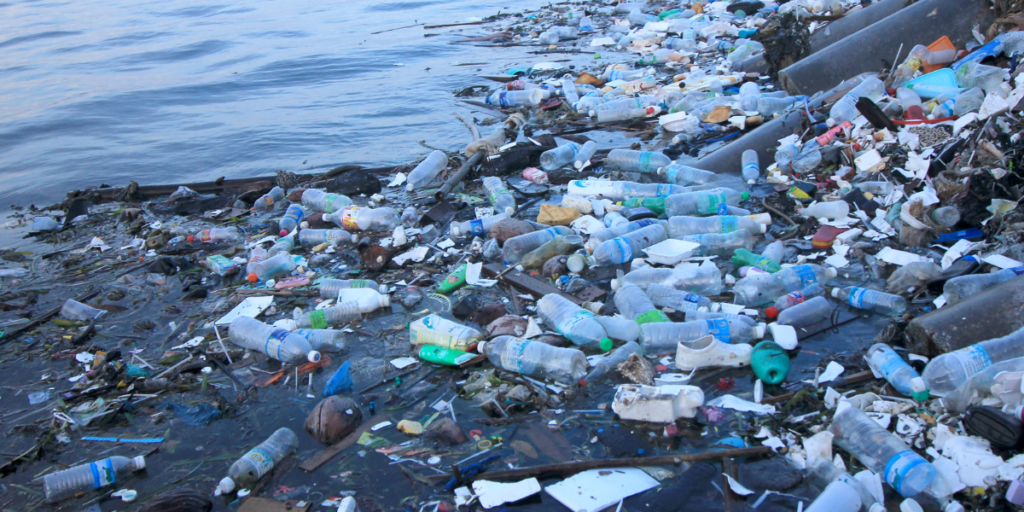
Pollution
Pollution is a major threat to marine habitats, and it’s not just the obvious sources like oil spills that cause damage.
Marine litter, for instance, can be equally harmful to coral reefs and other underwater ecosystems.
Plastic bags, bottles, fishing nets, and cigarette butts are among the most common types of marine litter that contaminate the oceans.
These items not only pose a physical threat to marine life but also release toxins into the water as they break down over time.
Oil spills are another form of pollution that can have devastating effects on marine habitats.
When an oil spill occurs in the ocean, it creates a slick on the surface that blocks out sunlight and oxygen from reaching underwater plants and animals.
This results in suffocation or starvation for many species living beneath the surface.
The impact of oil spills can last for years even after cleanup efforts have been made.
Therefore, it is crucial to prevent such incidents from happening by adopting more sustainable practices such as reducing our reliance on fossil fuels and promoting alternative energy sources.
Overfishing
The oceans are practically being emptied of fish due to excessive fishing practices, leading to a catastrophic decline in fish populations. Overfishing is one of the main threats to coral reefs and other marine habitats.
Unregulated and unsustainable fishing methods disrupt the delicate balance of marine ecosystems, causing irreversible damage that can take decades or even centuries to recover. Sustainable management and fishery regulations are crucial in preserving our ocean’s biodiversity.
It’s important for governments and international organizations to establish policies that limit fishing activities, protect vulnerable species, and promote responsible practices. This includes setting catch limits, implementing gear restrictions, and creating marine protected areas where no-fishing zones can allow overexploited stocks to recover.
By taking action now, we can ensure that future generations will continue to enjoy healthy oceans teeming with life.
Climate Change
You can’t deny that climate change is affecting our oceans. The effects on marine biodiversity are profound and potentially devastating. Rising sea levels, ocean acidification, and changes in temperature are putting marine life at risk. Coral reefs are particularly vulnerable to these changes.
Coral bleaching is a significant consequence of climate change. When water temperatures rise, corals expel the algae that live within their tissues, leaving them white or ‘bleached.’ This process weakens the coral and makes it more susceptible to disease, ultimately leading to its death.
As coral reefs provide habitat for an estimated 25% of all marine species, the loss of these ecosystems could have far-reaching consequences for both wildlife and human communities that rely on them for food and income.
It’s clear that we must take action to reduce carbon emissions and protect our oceans from further harm if we want to preserve these vital habitats for future generations.
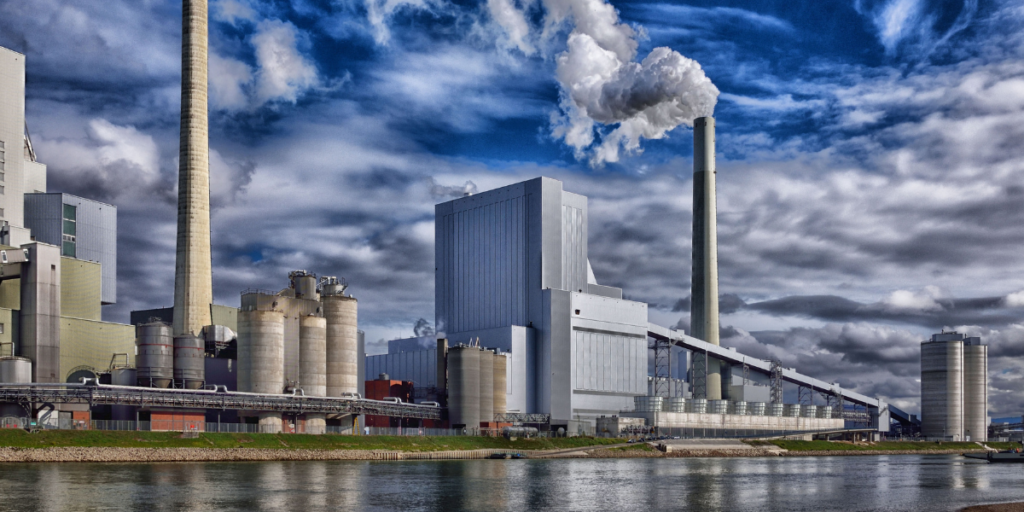
Coastal Development
Coastal development has caused significant damage to our shores, with the adage “You can’t have your cake and eat it too”being a clear example of the trade-off between economic growth and environmental sustainability.
The construction of marinas, harbors, seawalls, and other infrastructure along the coast has destroyed critical habitats for marine animals such as coral reefs and sea grass beds. Additionally, coastal development alters natural water flows which changes salinity levels in estuaries leading to further negative consequences on marine life.
The environmental impact of coastal development is not limited to the destruction of marine habitats; it also contributes to pollution through runoff from fertilizer use on lawns and golf courses, oil spills from boats and ships, sewage discharge from coastal cities, among others.
This pollution exacerbates existing threats such as climate change by causing coral bleaching events that lead to widespread reef die-offs. It is crucial that we balance economic growth with environmental conservation efforts because the long-term cost of losing these vital ecosystems will far outweigh any short-term gains made through unregulated coastal development.
Invasive Species
Invasive species are wreaking havoc on our beloved coastal ecosystems, causing harm to native plants and animals. These non-native species, often introduced accidentally or intentionally by humans, can outcompete and displace native organisms, alter food webs, and even change the physical structure of habitats such as coral reefs.
The ecological impact of invasive species is vast and includes decreased biodiversity, reduced ecosystem function, and increased vulnerability to other stressors such as climate change. In order to mitigate this threat, control measures must be implemented. These may include early detection and rapid response programs, removal or eradication efforts, biosecurity measures to prevent further introductions, and public education campaigns aimed at preventing unintentional introductions.
It’s crucial that we take action now to protect these critical marine habitats from the devastating effects of invasive species.
Frequently Asked Questions
What is the economic impact of coral reef destruction?
Congratulations! The economic impact of coral reef destruction is astounding. Tourism revenue and the fishing industry will surely thrive without these beautiful habitats. Who cares about conservation when money talks, right?
How are coral reefs and other marine habitats protected and conserved?
To protect and conserve coral reefs and other marine habitats, Marine Protected Areas (MPAs) have been established. Sustainable fishing practices are also implemented to reduce the negative impact of overfishing on these ecosystems.
What is the role of coral reefs in the larger marine ecosystem?
As you dive into the ocean, be prepared to witness a diverse and thriving ecosystem. Coral reefs play a crucial role in this environment, serving as ecological hotspots that harbor an abundance of marine life. Their ecological significance cannot be overstated, making their conservation essential for the health of the entire oceanic system.
How do coral reefs and other marine habitats impact human health?
Coral reefs and other marine habitats are crucial for human health due to their importance in maintaining biodiversity and connection to food security. Degradation of these habitats can have negative impacts on human well-being.
What are some alternative solutions to the threats facing coral reefs and other marine habitats?
Collaborative conservation efforts and sustainable tourism practices can mitigate the threats facing coral reefs and other marine habitats. Engage in evidence-based approaches that prioritize long-term ecological health over short-term economic gain to ensure the viability of these vital ecosystems.

